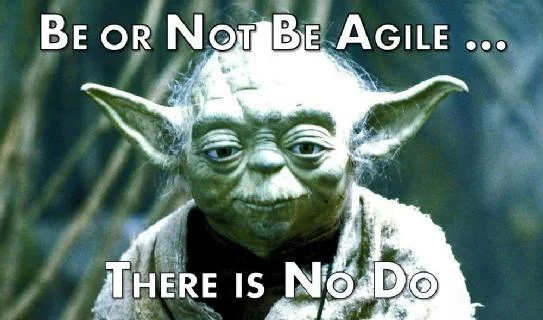I met a colleague, Noel Wurst, at the Agile Development conference. He's now working for Tricentis and he asked me to do an interview for their website content. Of course, I agreed.
I thought I'd share my replies to his questions. And I want to thank Noel for asking me. It was an honor to contribute...
Here are the interview questions that Noel asked and my replies:
1. Continuous feedback: I hear a lot of people talking about needing to shorten feedback loops, automate reporting, and development, test, and release cycles that deliver continuous feedback. And I agree. CF is highly valuable. But sometimes I wonder if, once people put those things in place, can they immediately act or respond to that feedback? How important is being able to do that, and not just collect or note that feedback, but adjust on the fly to make new decisions, pivots, and responses continuously as well?
I think this is a really important point, Noel. And it’s not simply related to continuous feedback, but also to the continuous improvement cycle. For example, feedback on adjustments that are raised in team, project, or organizational retrospectives. To your point, our lean-age should be towards doing something about our discoveries, in taking action.










